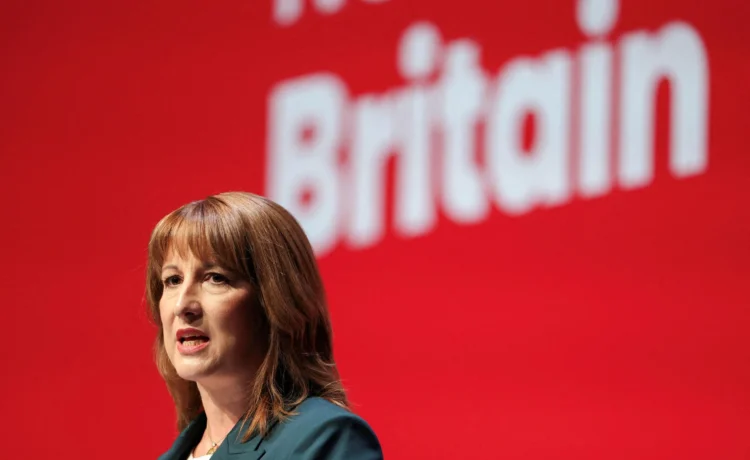[LONDON] British finance minister Rachel Reeves will say on Tuesday that she intends to focus on “fairness and opportunity” in her second annual budget due on Nov 26, as reports swirl about where she will raise taxes to keep her budget goals on track.
The Resolution Foundation think tank – whose former head Torsten Bell is now a minister advising Reeves – predicts that she will need to increase taxes by £26 billion (S$45.7 billion), likely requiring her to break a pre-election promise not to raise income tax.
Reeves is due to set out more of her thinking in a speech at her Downing Street office shortly after 8 am (0800 GMT).
“It will be a budget led by this government’s values, of fairness and opportunity and focused squarely on the priorities of the British people – protecting our National Health Service, reducing our national debt and improving the cost of living,” she said in an extract released by her office.
Reeves referred to “speculation about the choices I will make” and said they would “shape our economy for years to come”.
Asked if Reeves was preparing the public for higher taxation, a spokesperson for Prime Minister Keir Starmer told reporters: “She will talk about the clear choice we face, either investment and hope or cuts and division.”
Britain’s budget watchdog is expected to downgrade its productivity forecasts for the economy, which in turn means Reeves will need to tax more or spend less to hit a goal of a balanced budget excluding investment spending by 2029/30.
The Resolution Foundation, in a report published on Tuesday, said it expects the hit from the productivity downgrade to be largely offset by an upward revision to wage growth forecasts by the Office for Budget Responsibility.
However, higher borrowing costs and the government’s failure to win backing of Labour lawmakers to cut disability benefits in June mean it will need to raise taxes on cars and capital gains as well as the effective tax rate paid on non-labour income, according to the Foundation. REUTERS


